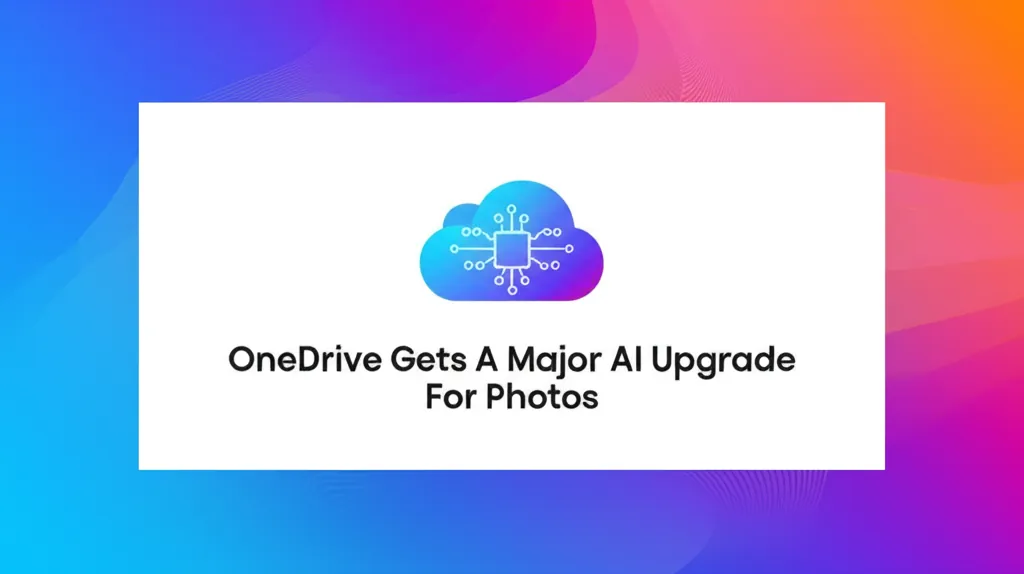开发者专属优惠
试用 ImaginePro API,领取 50 个免费积分
使用 Midjourney、Flux 等构建 AI 视觉体验——免费积分每月重置。
How Generative AI Is Revolutionizing Medical Imaging
The Promise of Generative AI in Medicine
Recent PhD research by Evi Huijben explores how generative AI can tackle major hurdles in medical image analysis. In her dissertation, she showcases that this advanced technology can not only produce incredibly realistic medical images but also significantly enhance and supplement existing datasets, paving the way for more accurate diagnostics.
Key Research Findings
Huijben's work highlights several critical advancements:
- Conditional Image Synthesis: This technique allows for the generation of specific medical images needed for particular tasks. It is especially valuable in medical fields where acquiring certain data is expensive, impractical, or even impossible.
- Structured Latent Spaces: By organizing the internal workings of AI models, it becomes possible to have targeted control over the generated images. This control is crucial to ensure the synthetic scans are clinically relevant and useful for diagnosis.
- Working with Limited Data: High-quality labeled data is a rare commodity in medical imaging. Huijben emphasizes the need to develop AI pipelines that can be trained effectively with only a small amount of labeled or weakly labeled data, making the technology more accessible.
Practical Applications and Innovations

This research introduces several AI methods for generating medical images across various applications and anatomical regions.
One key application involves creating synthetic datasets to train classification models. Huijben developed a model that can disentangle patient group characteristics to generate tailored images and another that synthesizes images of rare conditions. By populating datasets with these underrepresented conditions, the models become better at detecting them.
Furthermore, the research delves into patient-specific image generation. One model can predict disease progression by generating a future brain MRI, which could support prognosis in conditions like Alzheimer's disease. Another model focuses on detecting abnormalities in brain MRIs, such as tumors or artifacts from patient movement during a scan. To further this field, Huijben organized the SynthRAD2023 competition, which challenged researchers to generate synthetic CT images from MRIs, allowing for a fair comparison of different models using a large dataset of cancer patients.
Overcoming Critical Challenges
Despite its immense potential, generative AI in medical imaging still faces several obstacles:
- Model Design: Creating these complex models is often limited by available computational power, meaning they are not always perfectly optimized for clinical relevance.
- Evaluation Difficulties: It is challenging to evaluate the quality of synthetic images. There is often a lack of ground-truth images for comparison, and clinically meaningful evaluation metrics are still underdeveloped.
- Clinical Translation: Bringing these models from the lab to real-world clinical applications is a major hurdle. This requires careful metric selection, validation by medical experts, clear acceptance criteria, and diverse, high-quality benchmark datasets.
A Glimpse into the Future
Huijben's dissertation confirms that with task-specific design and thorough validation, generative AI models can create realistic and clinically useful images. This work is a significant contribution to the integration of AI in healthcare and has the potential to lead to better patient outcomes.
For more information, you can explore Evi Huijben's research profile or read her full dissertation, titled 'Medical Image Synthesis with Deep Learning for Clinical Applications'. Her work was supervised by Josien Pluim, Maureen van Eijnatten, and Sina Amirrajab.
对比套餐与价格
选择适合工作量的套餐,全面解锁 ImaginePro 功能。
| 套餐 | 价格 | 亮点 |
|---|---|---|
| 标准版 | $8 / 月 |
|
| 高级版 | $20 / 月 |
|
需要定制条款?联系我们调整积分、速率限制或部署方案。
查看完整价格详情

